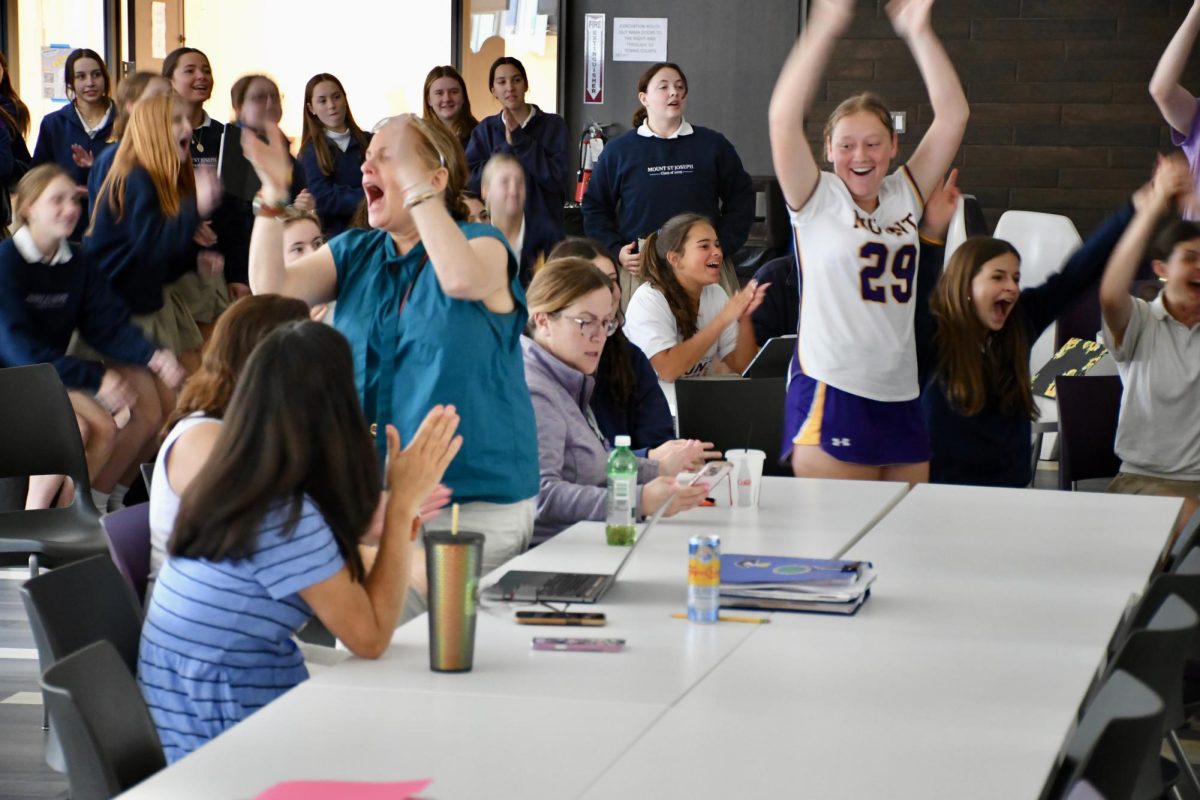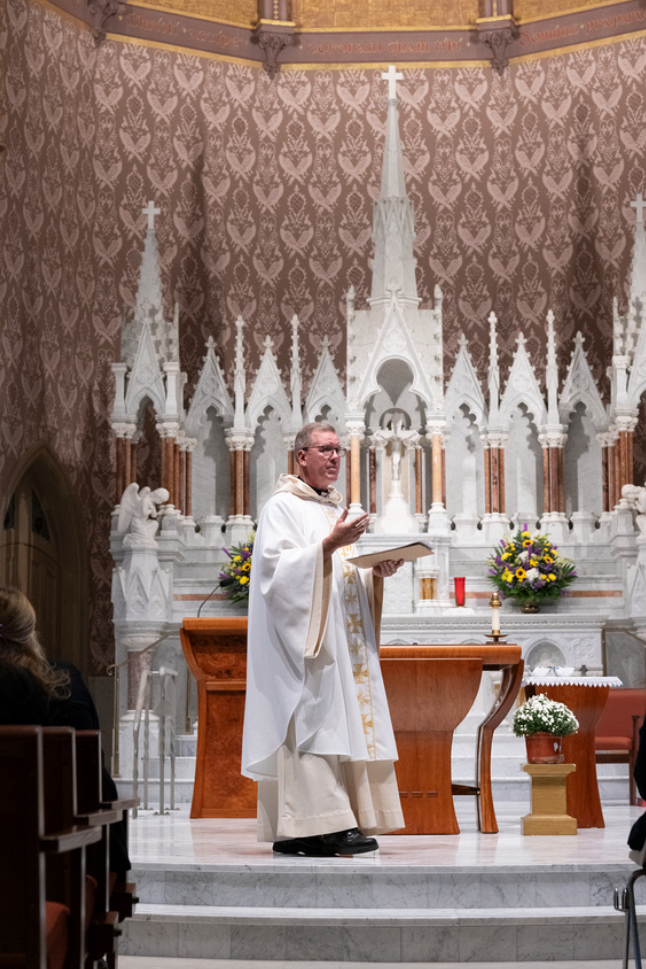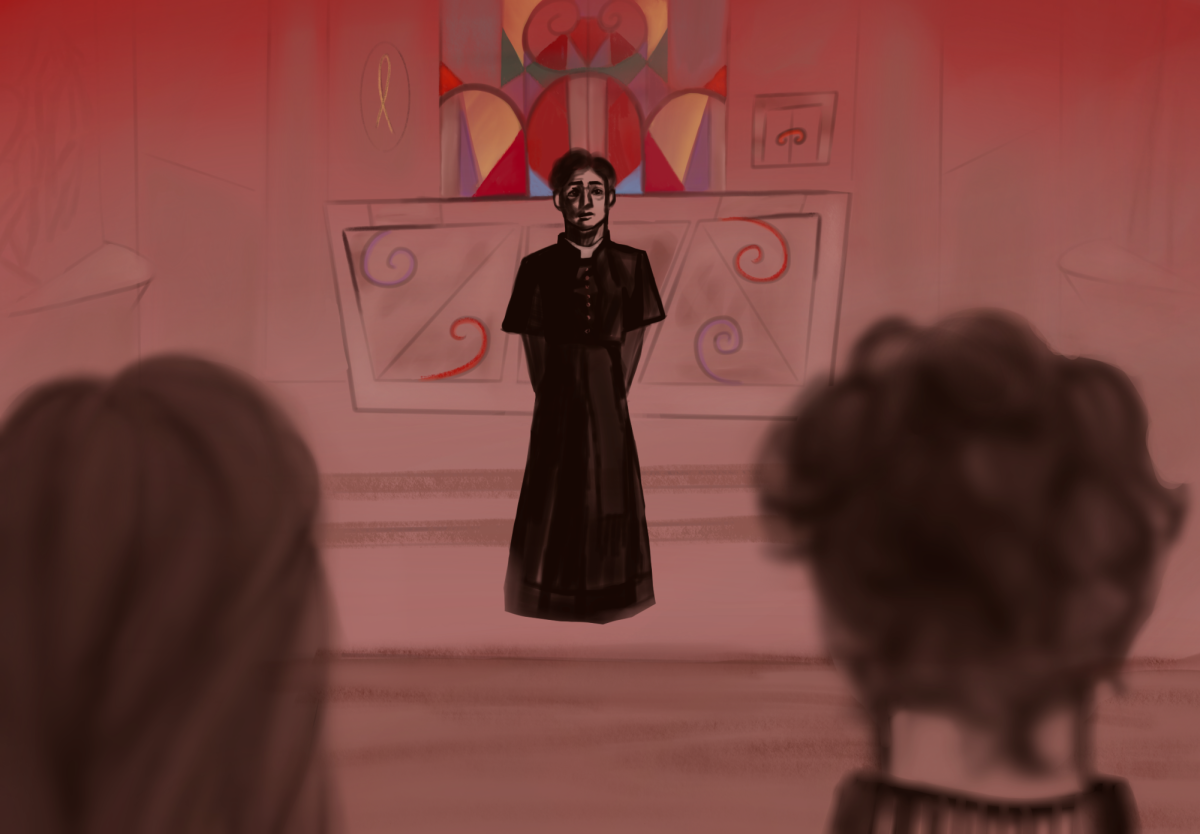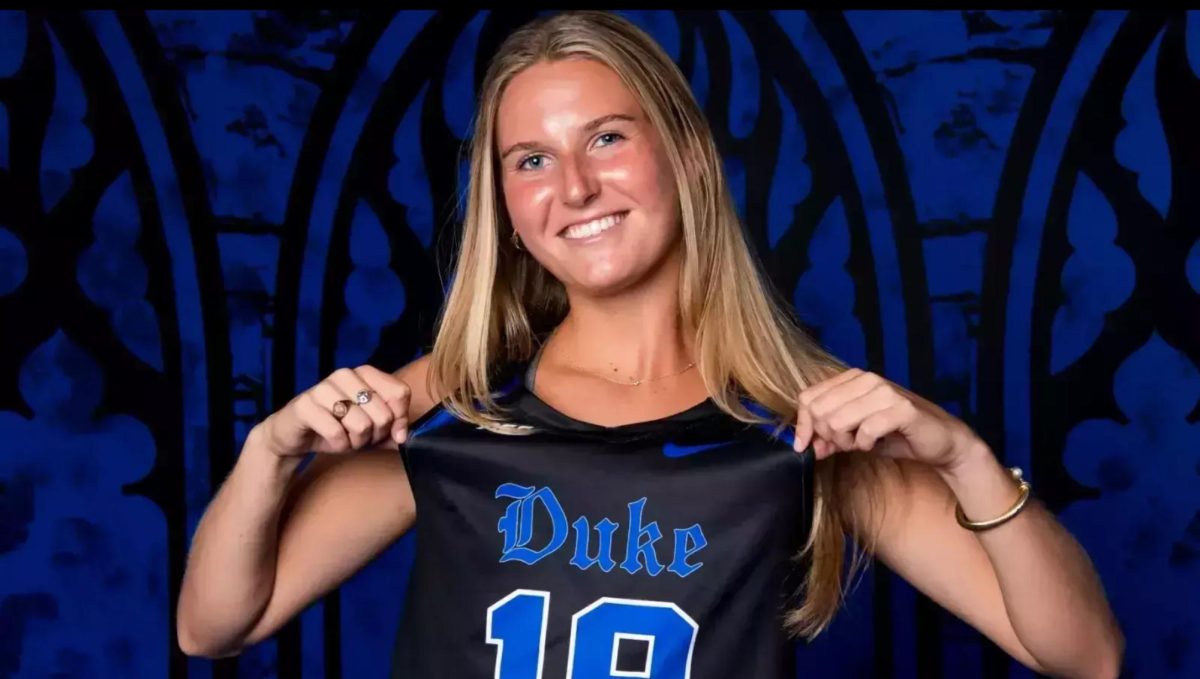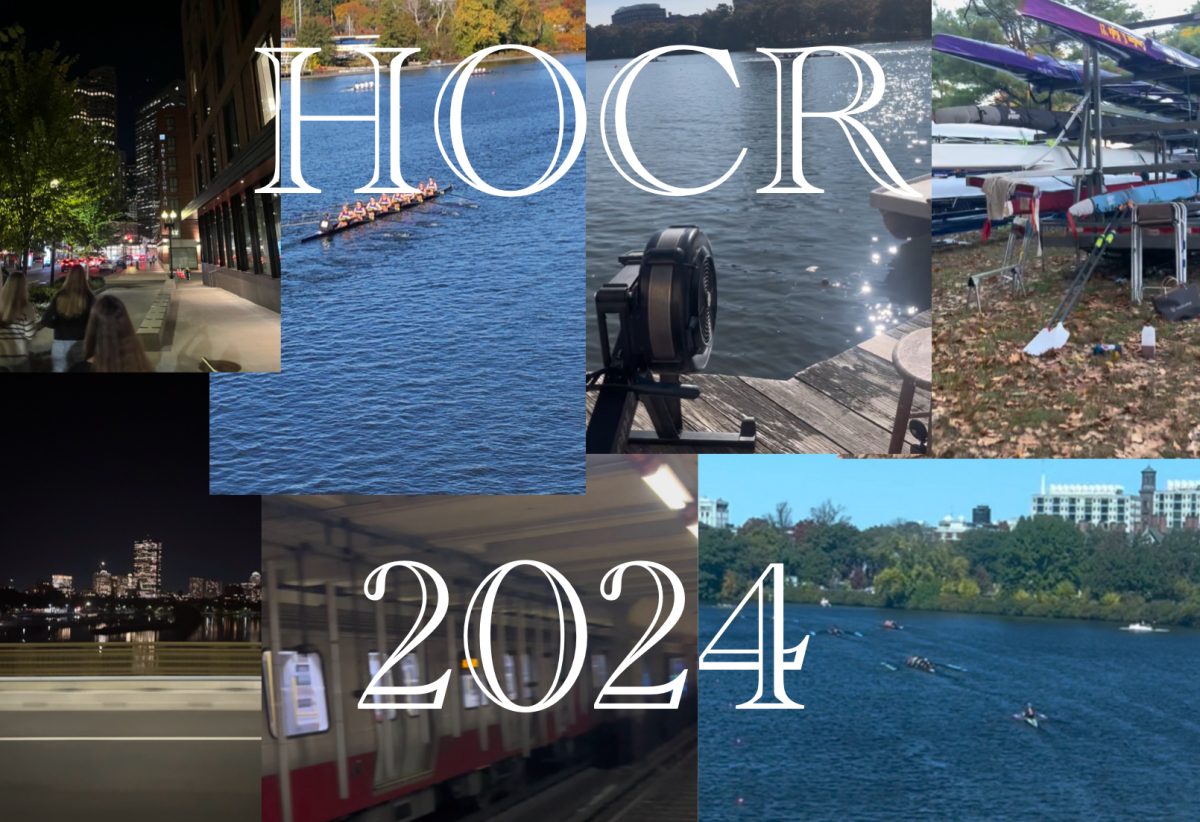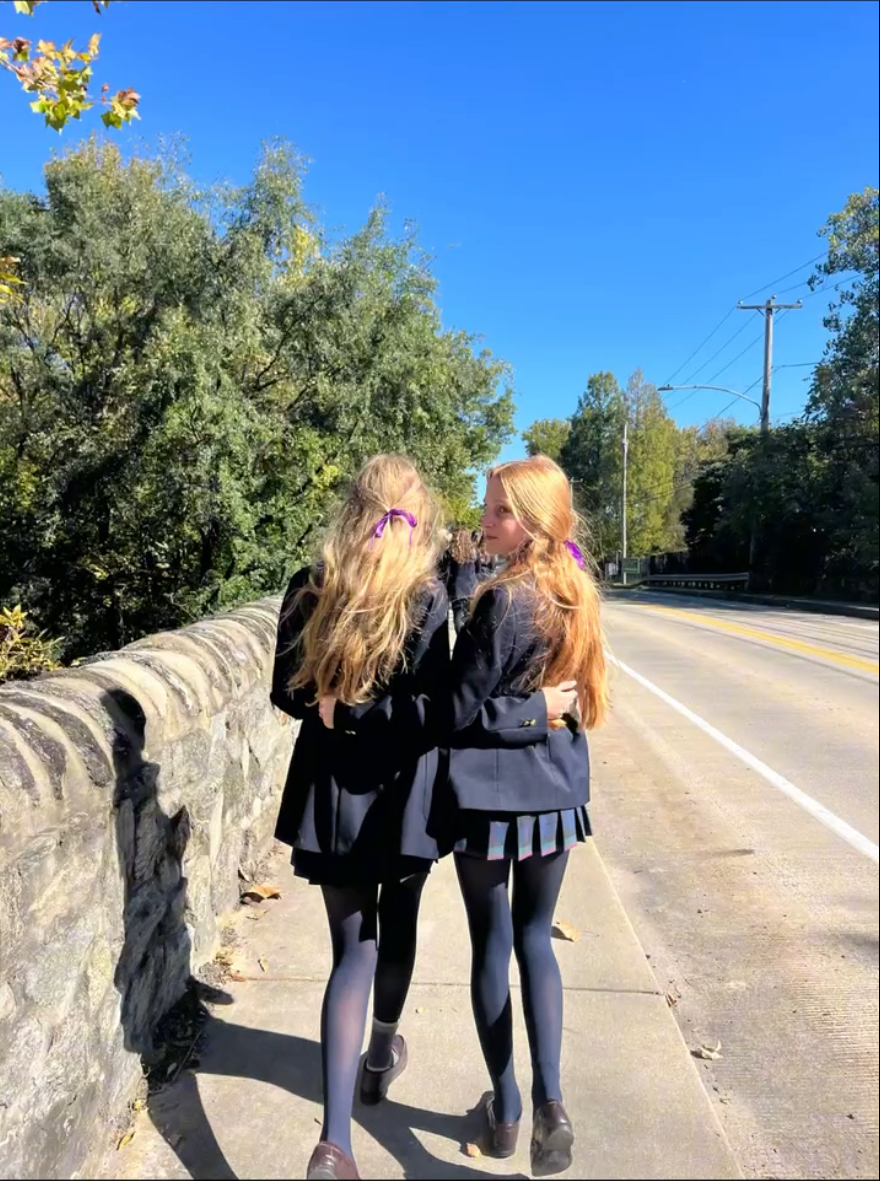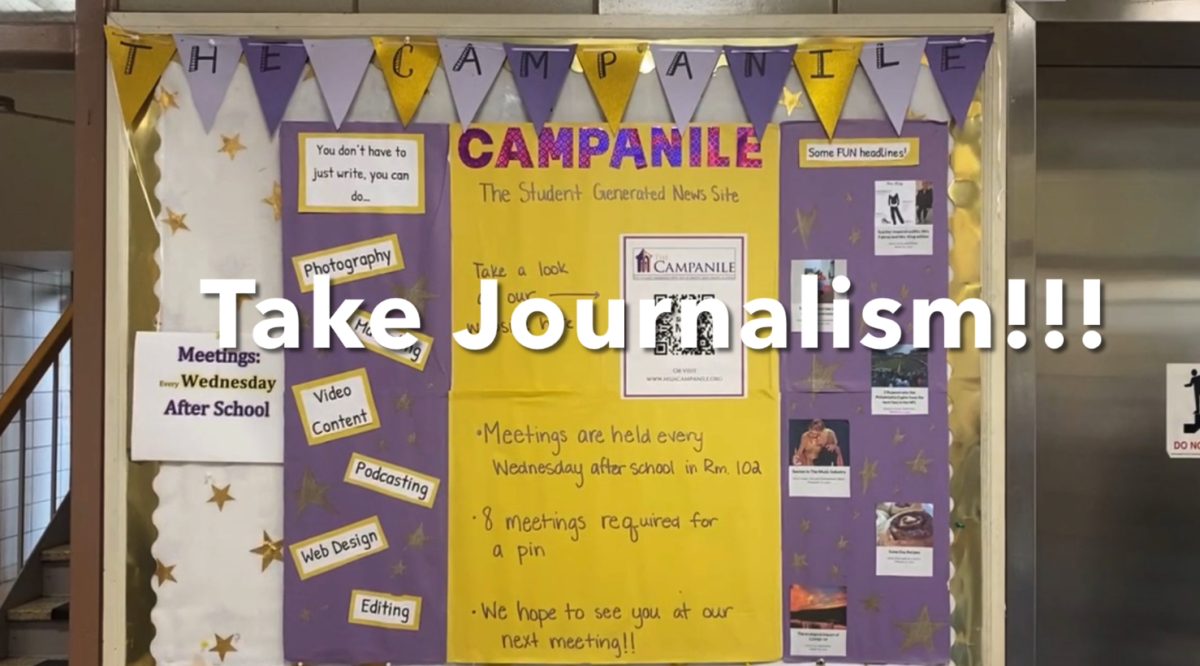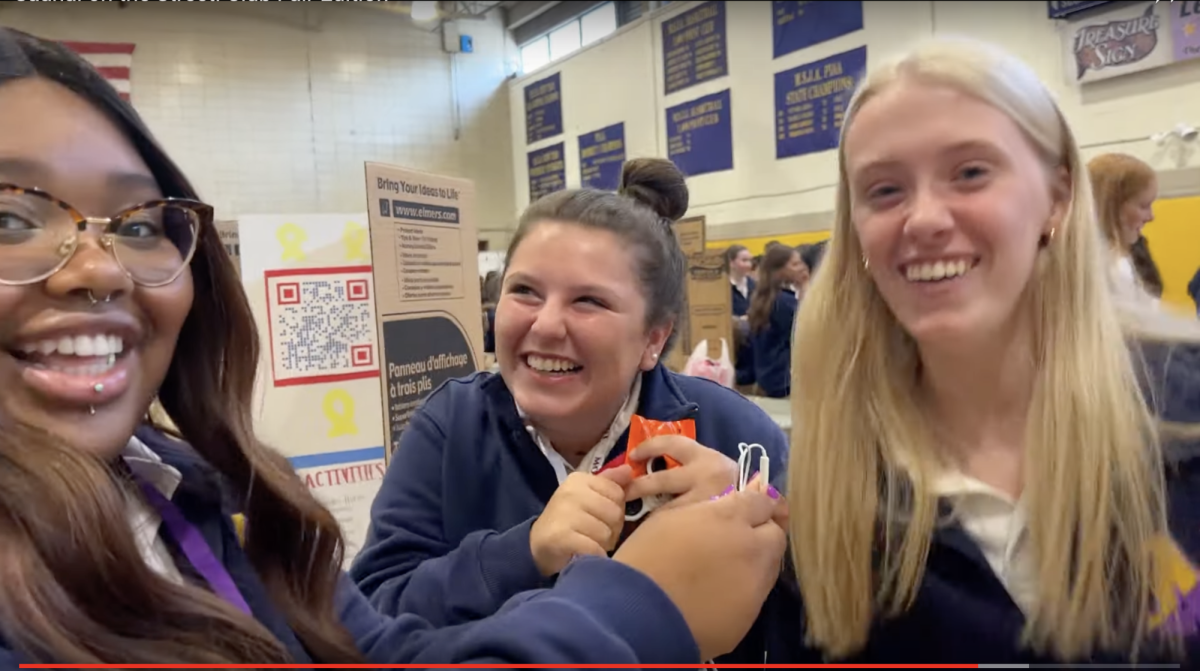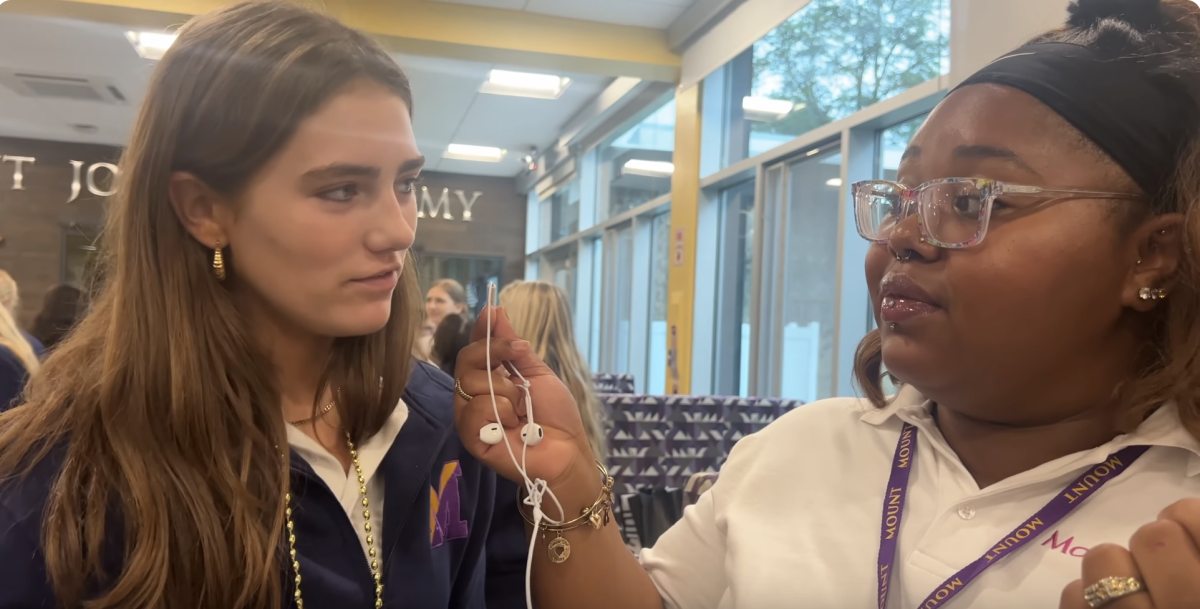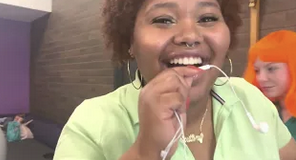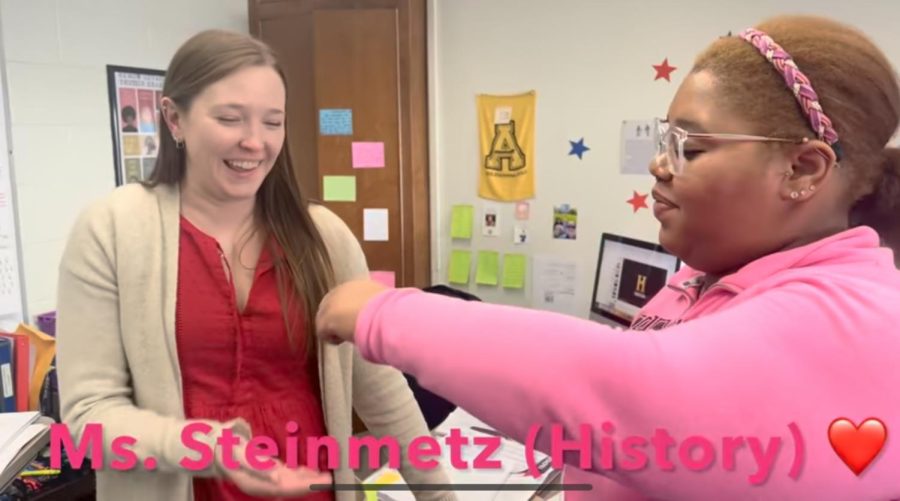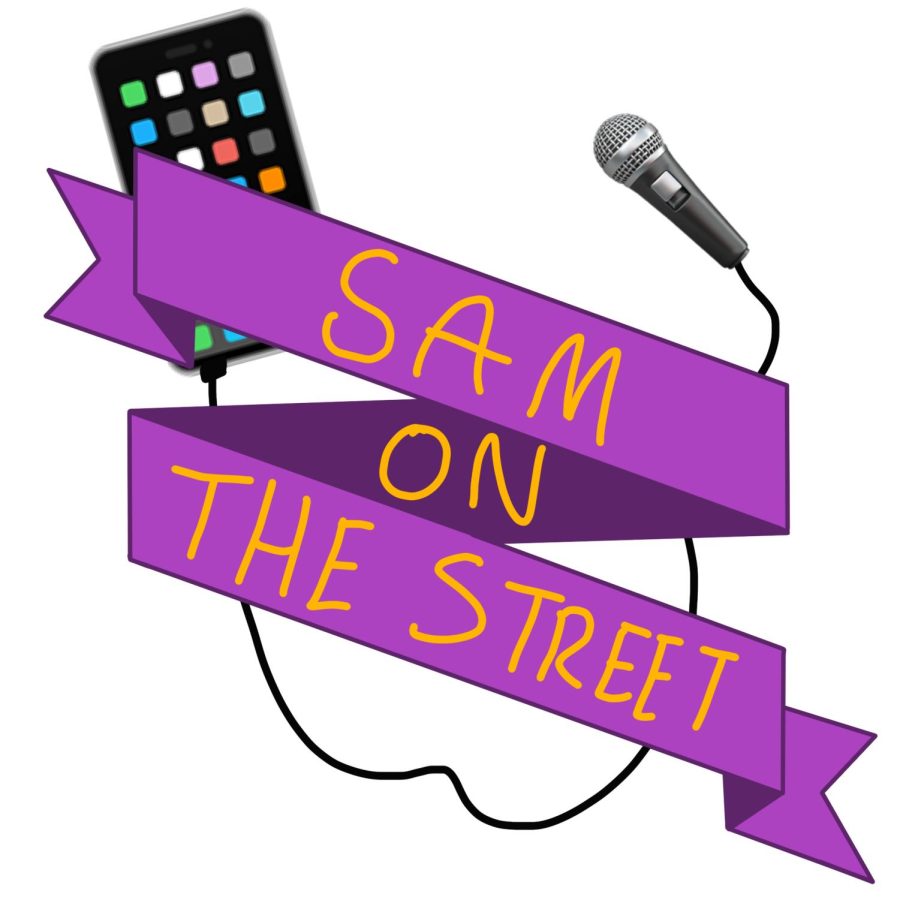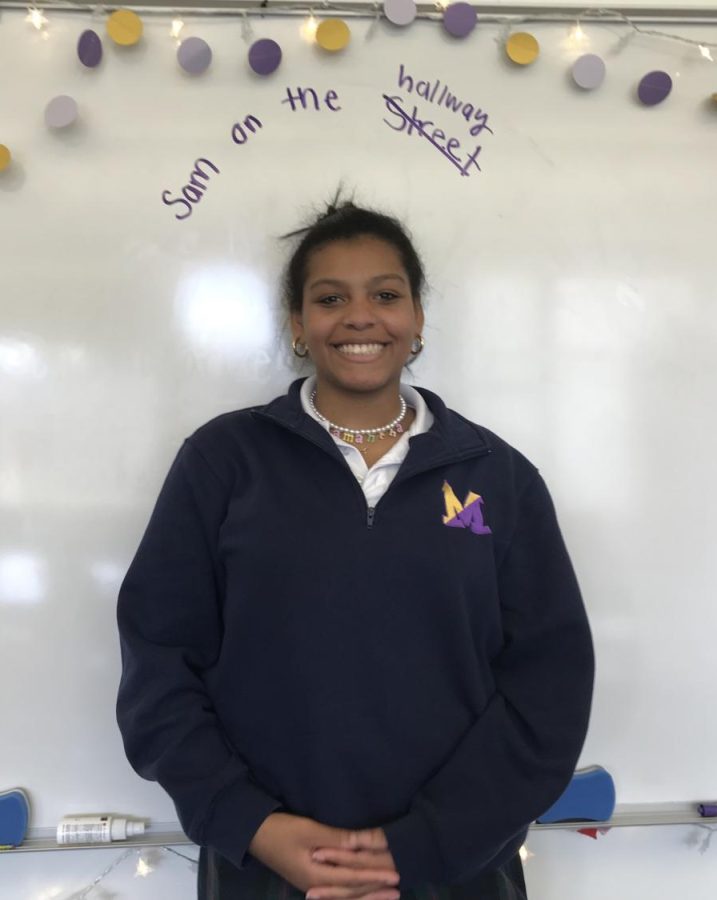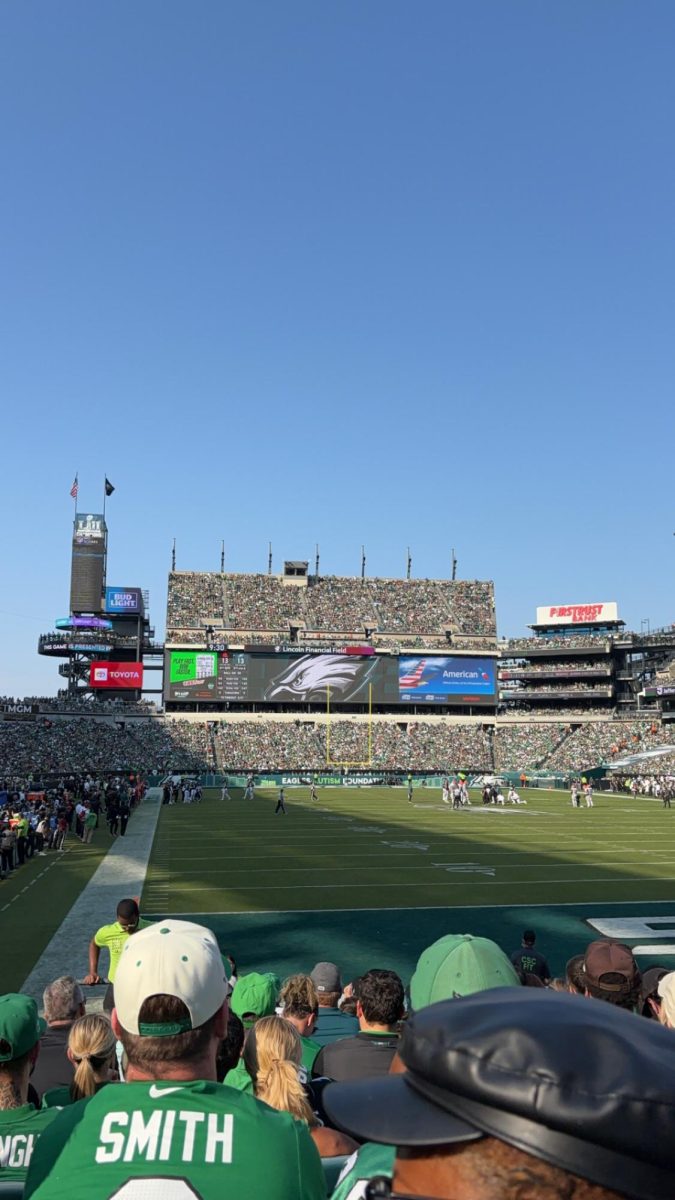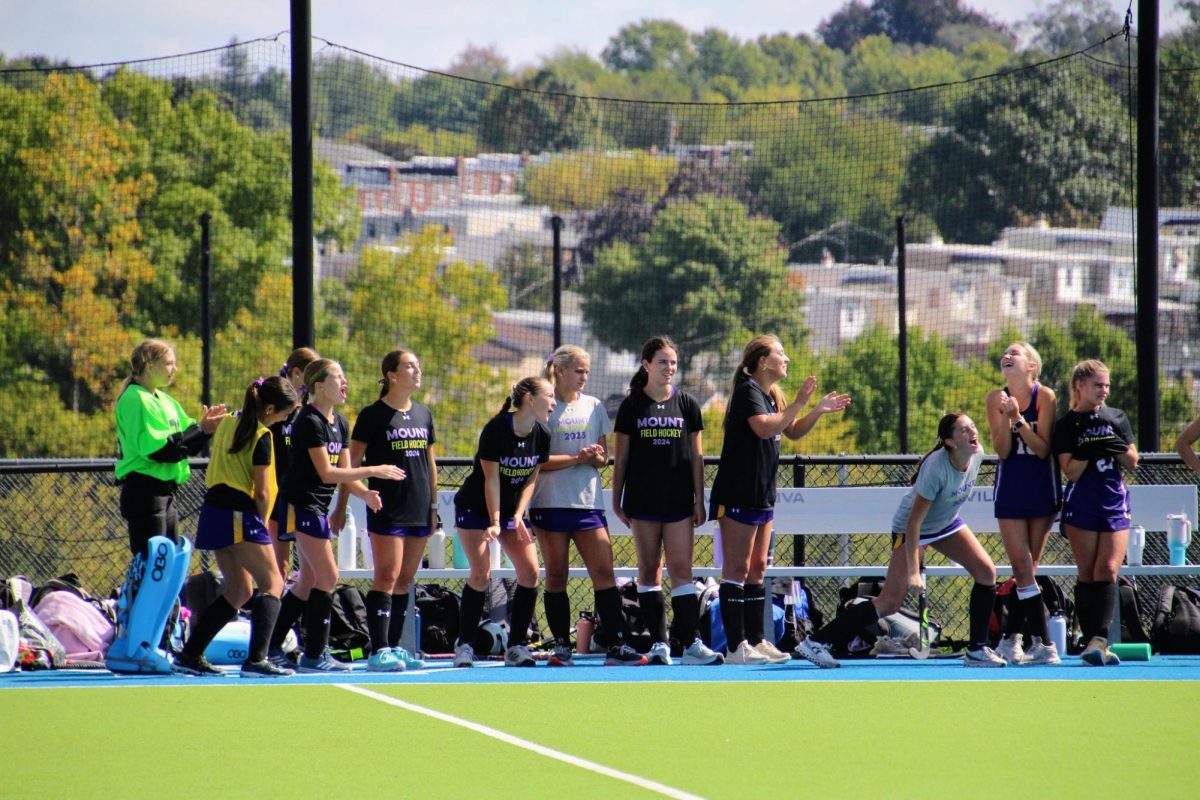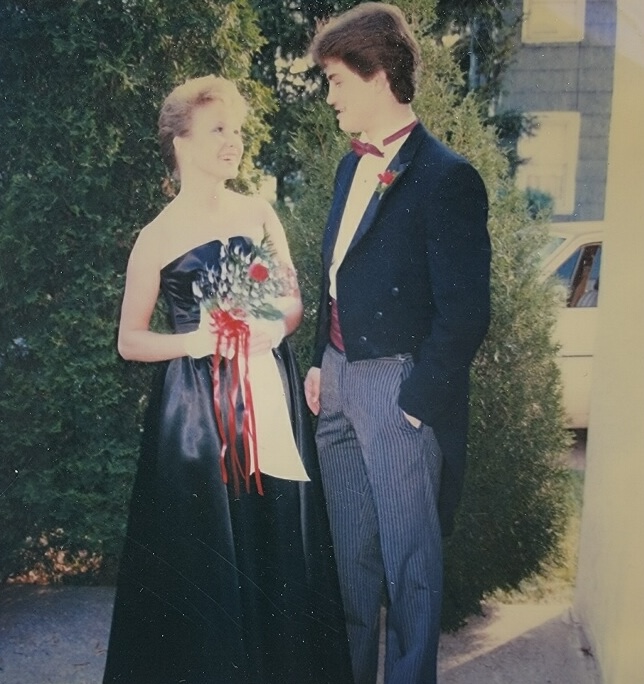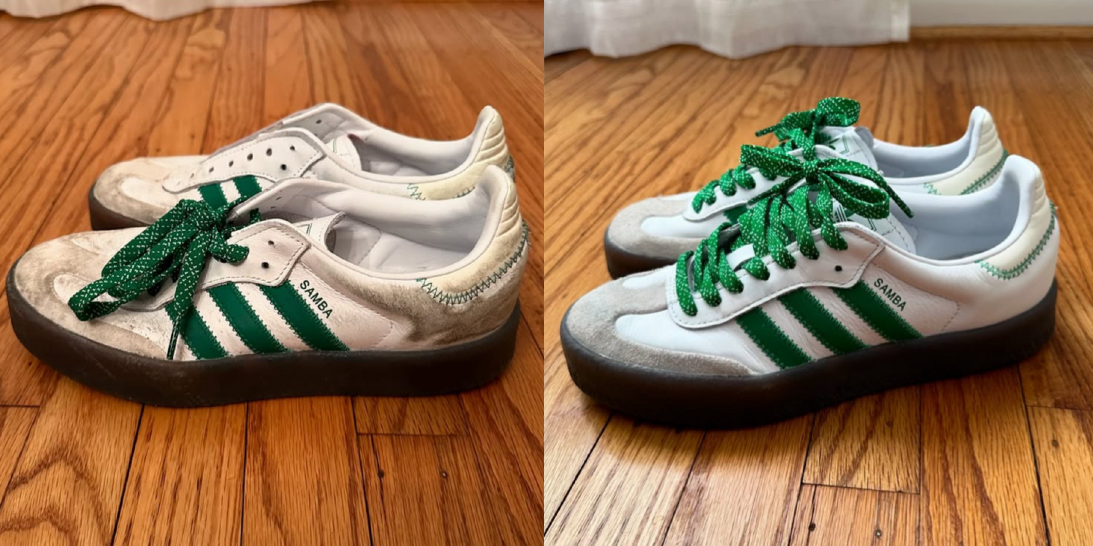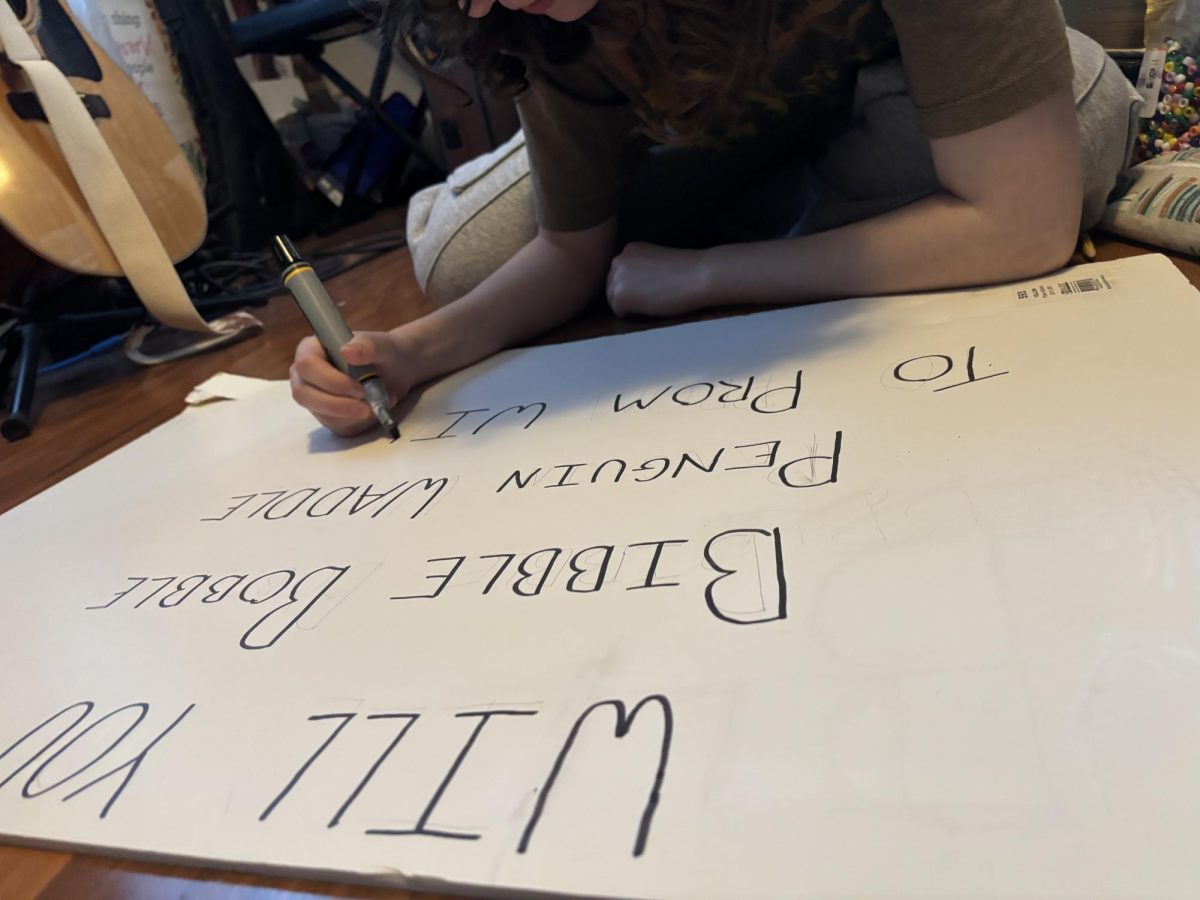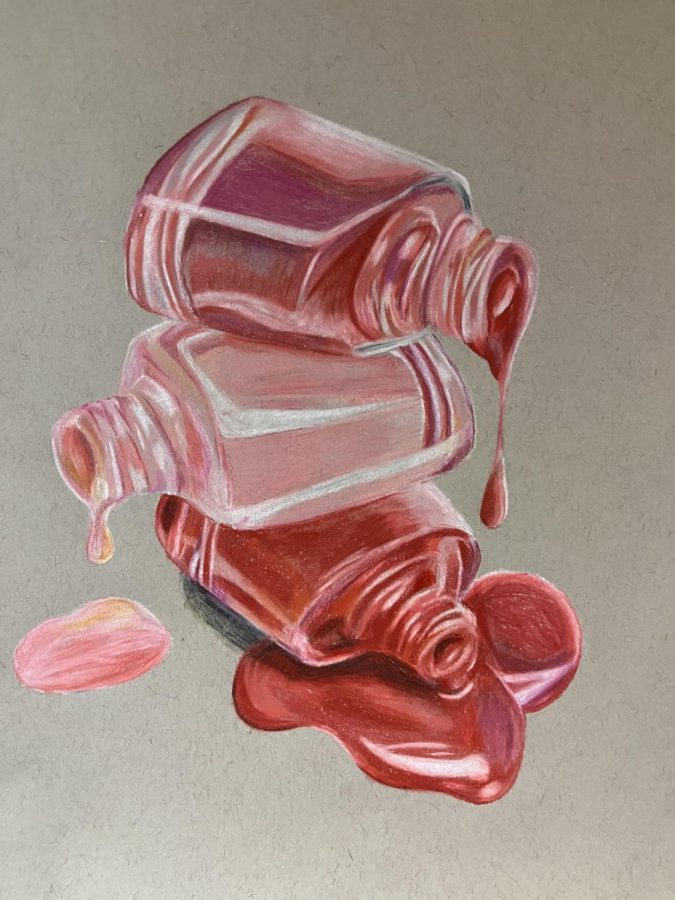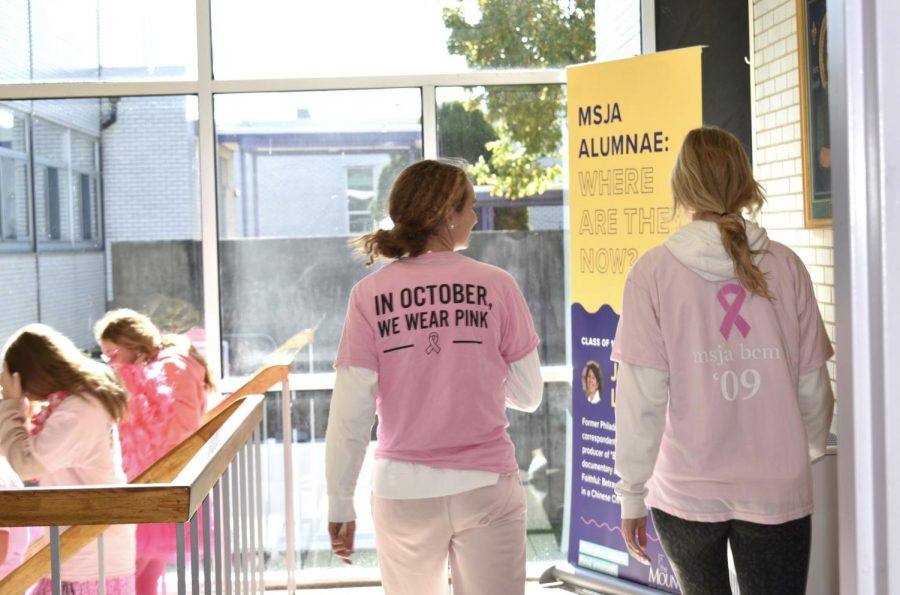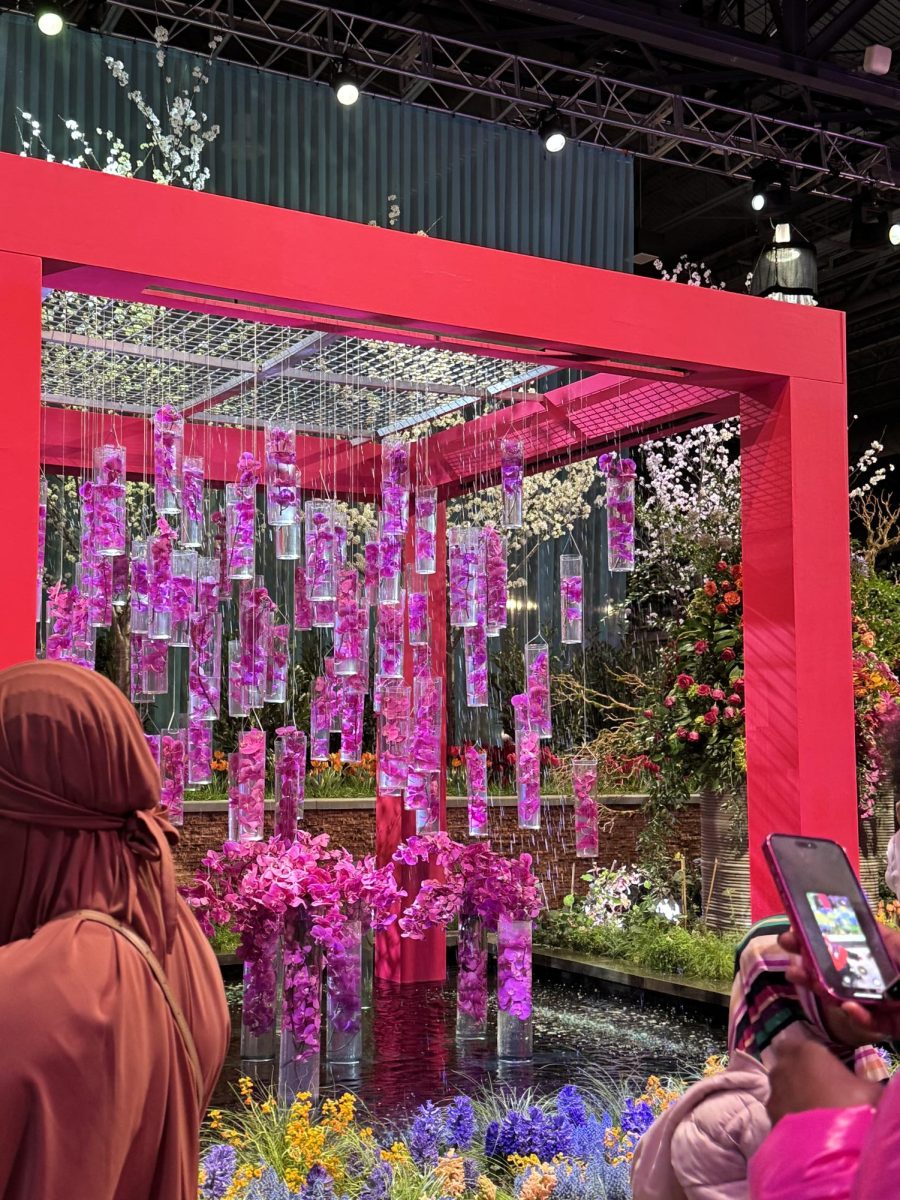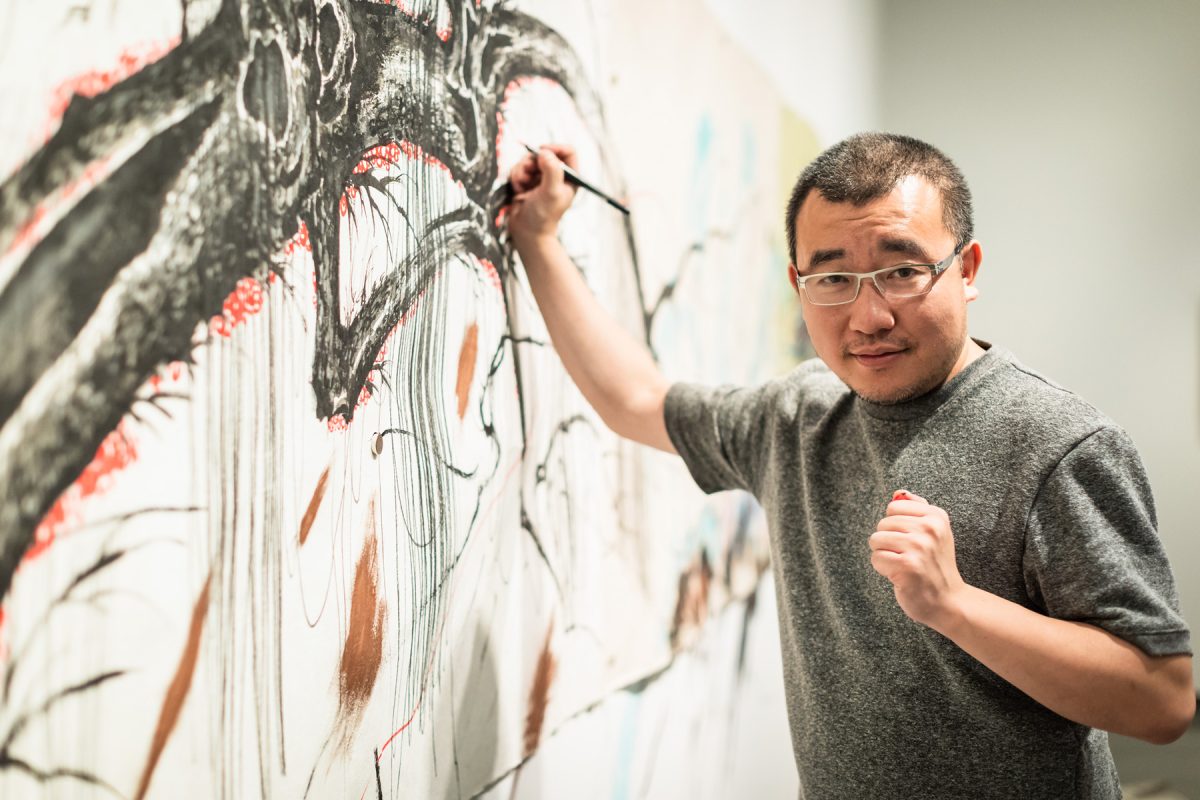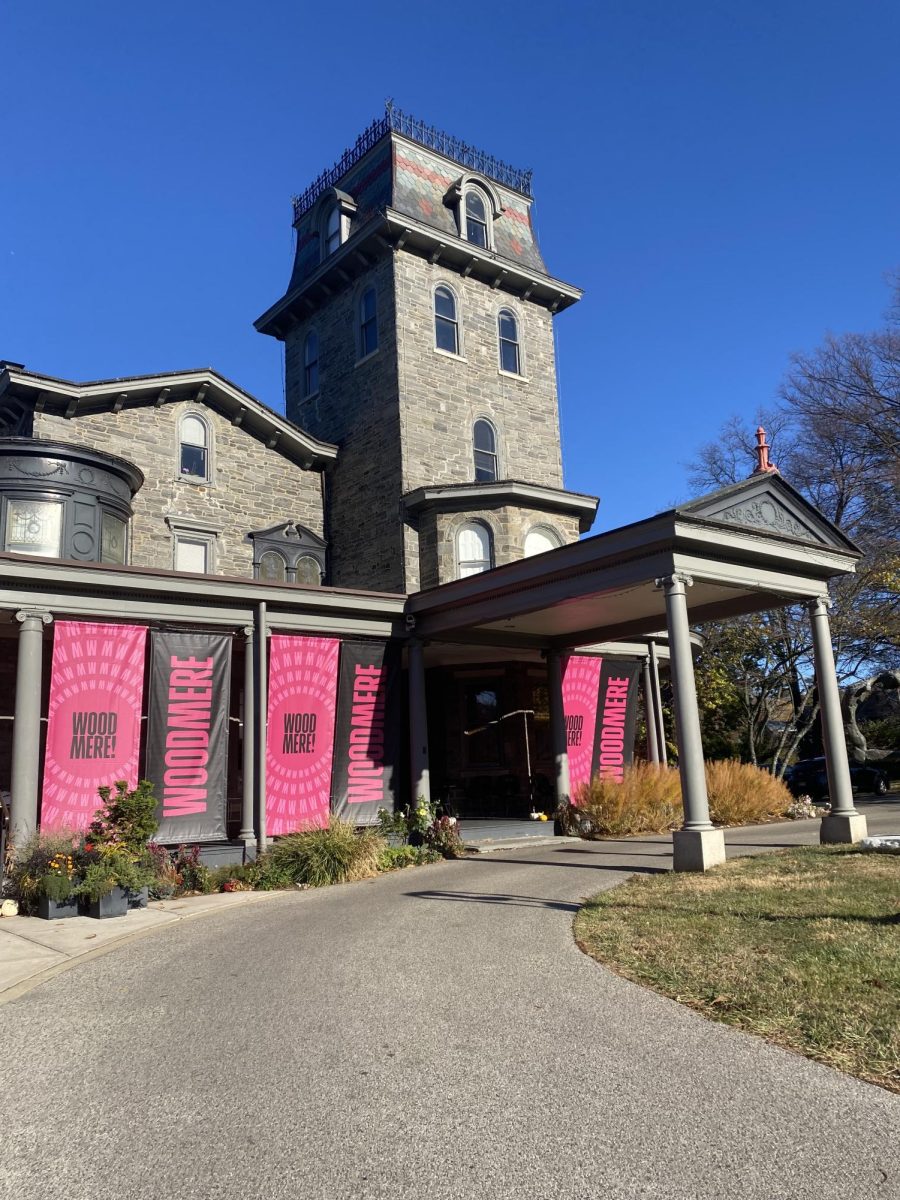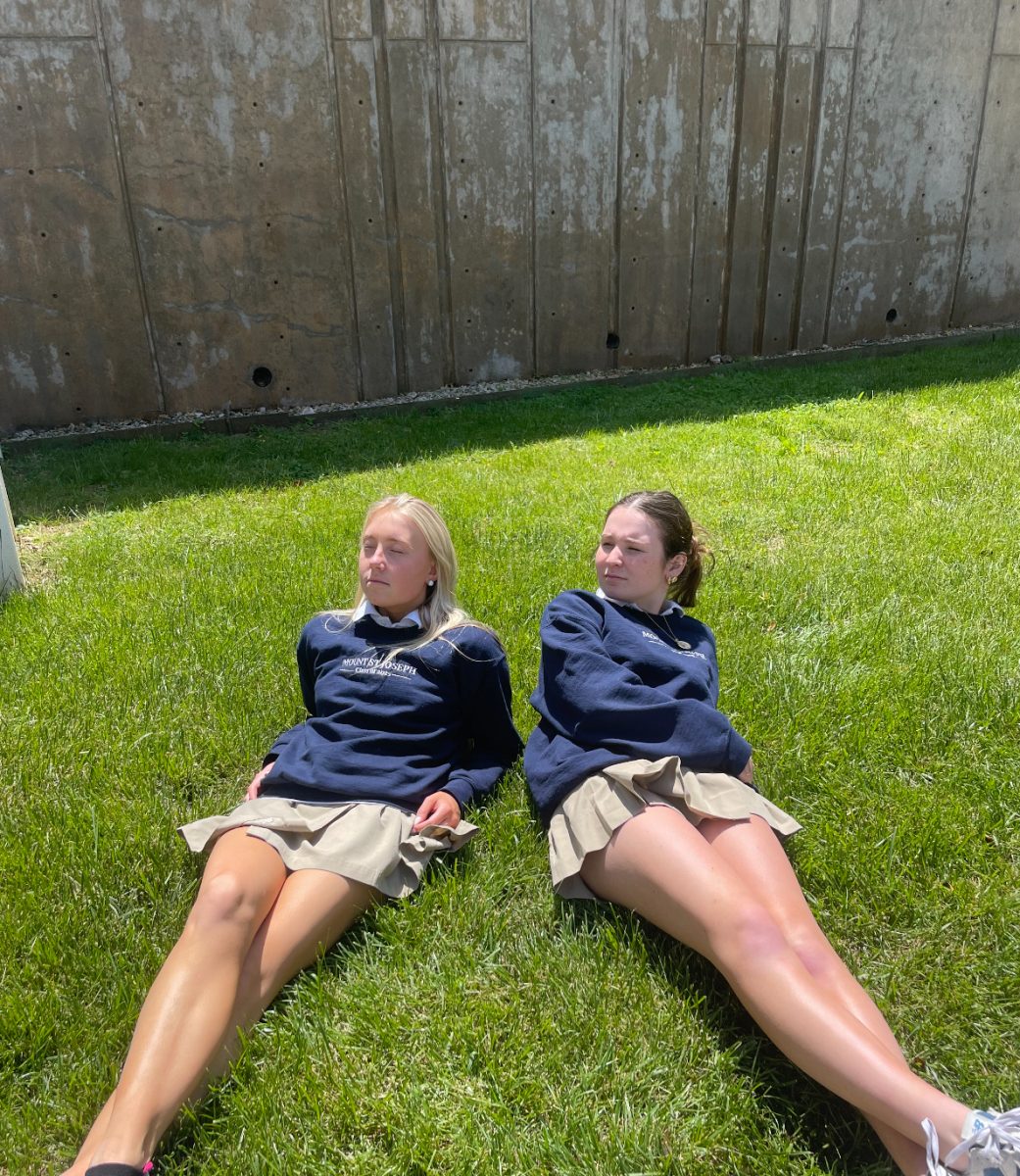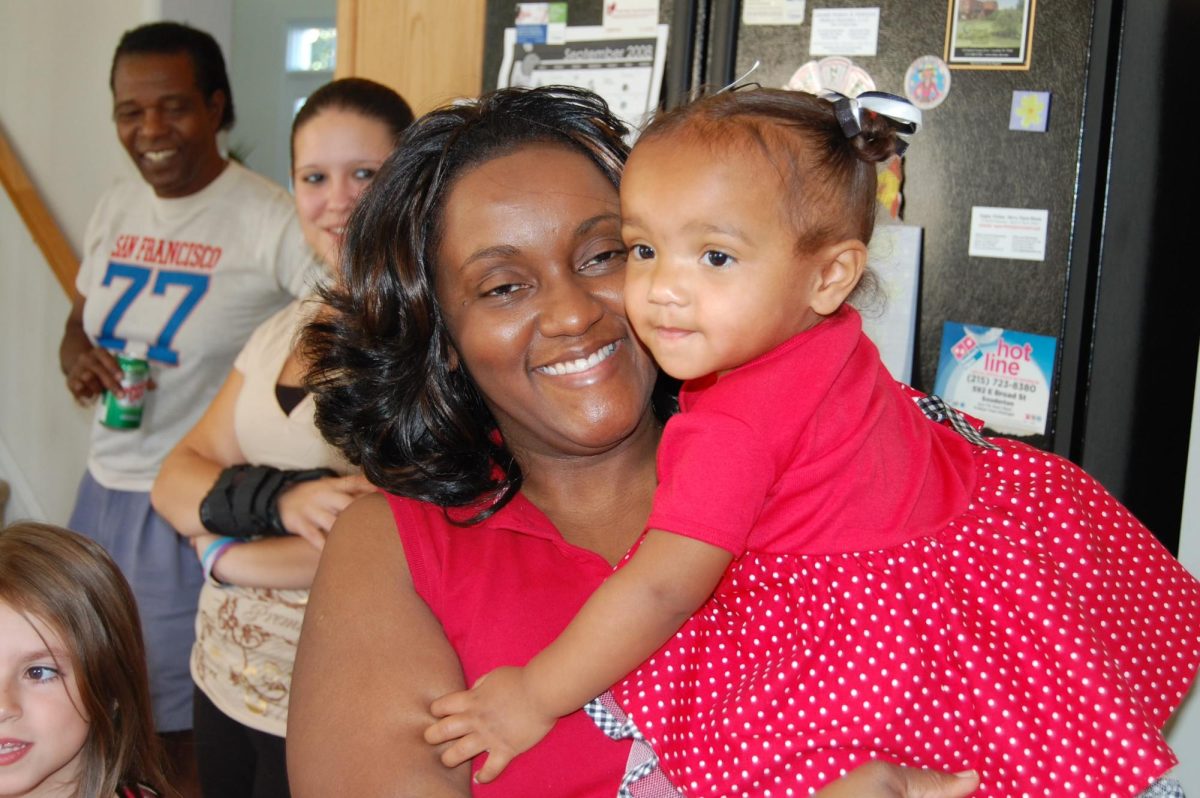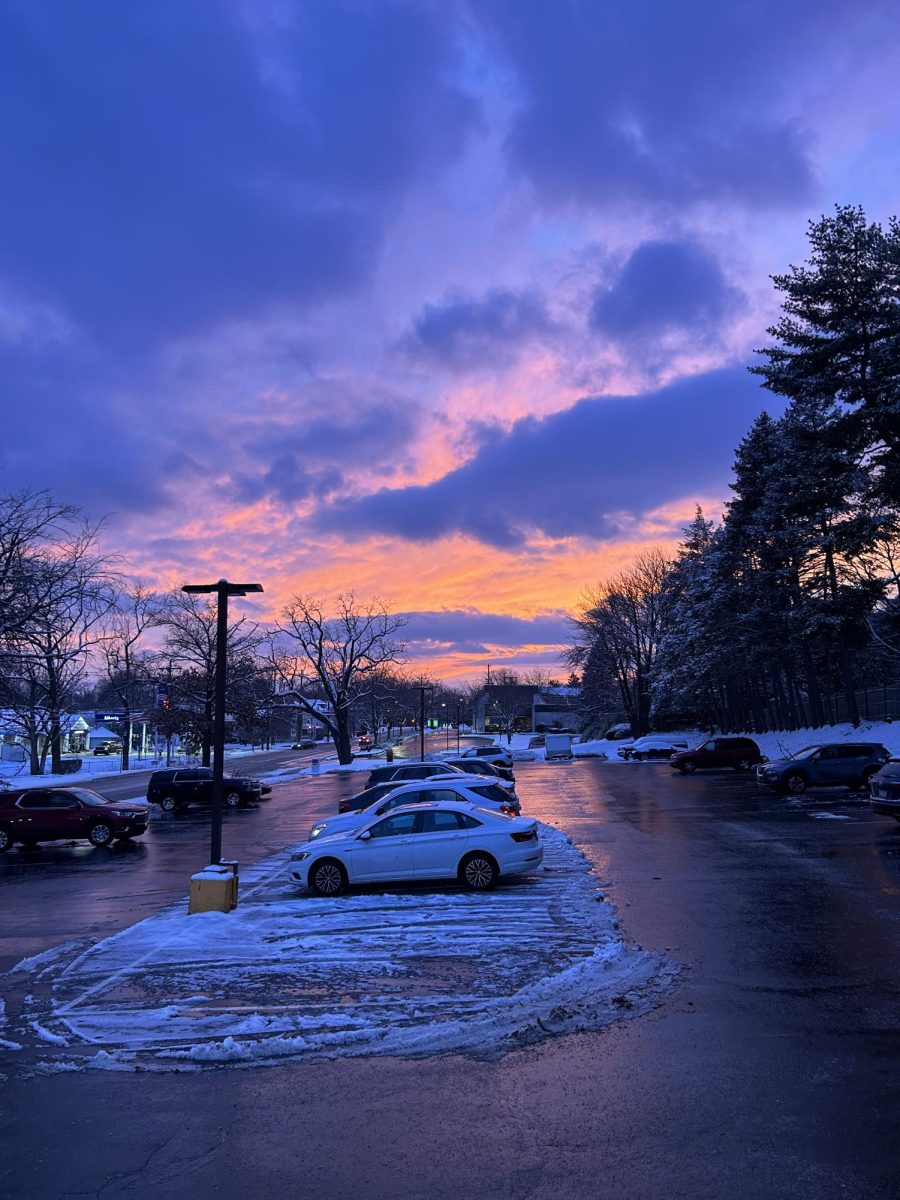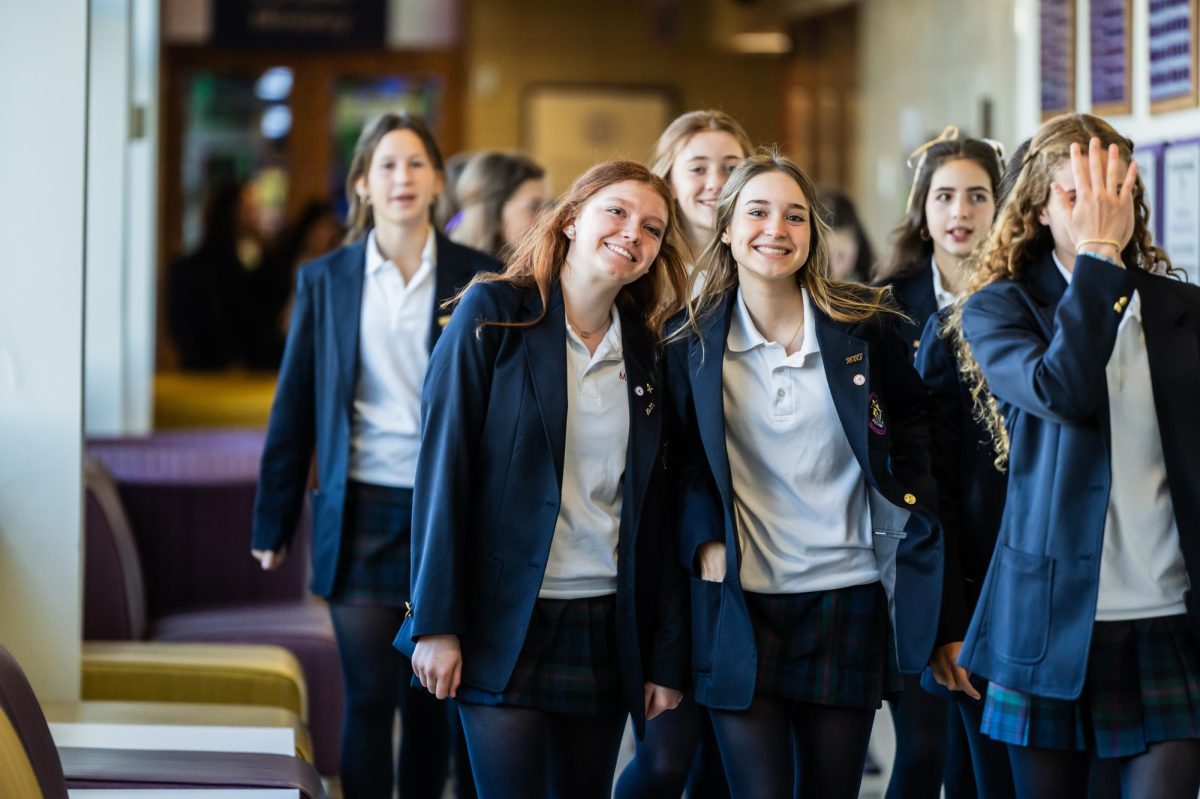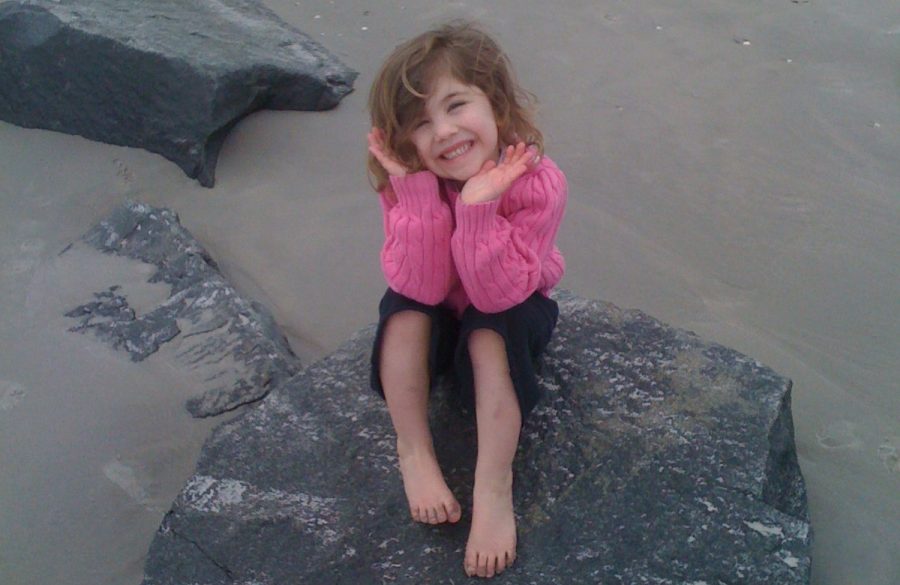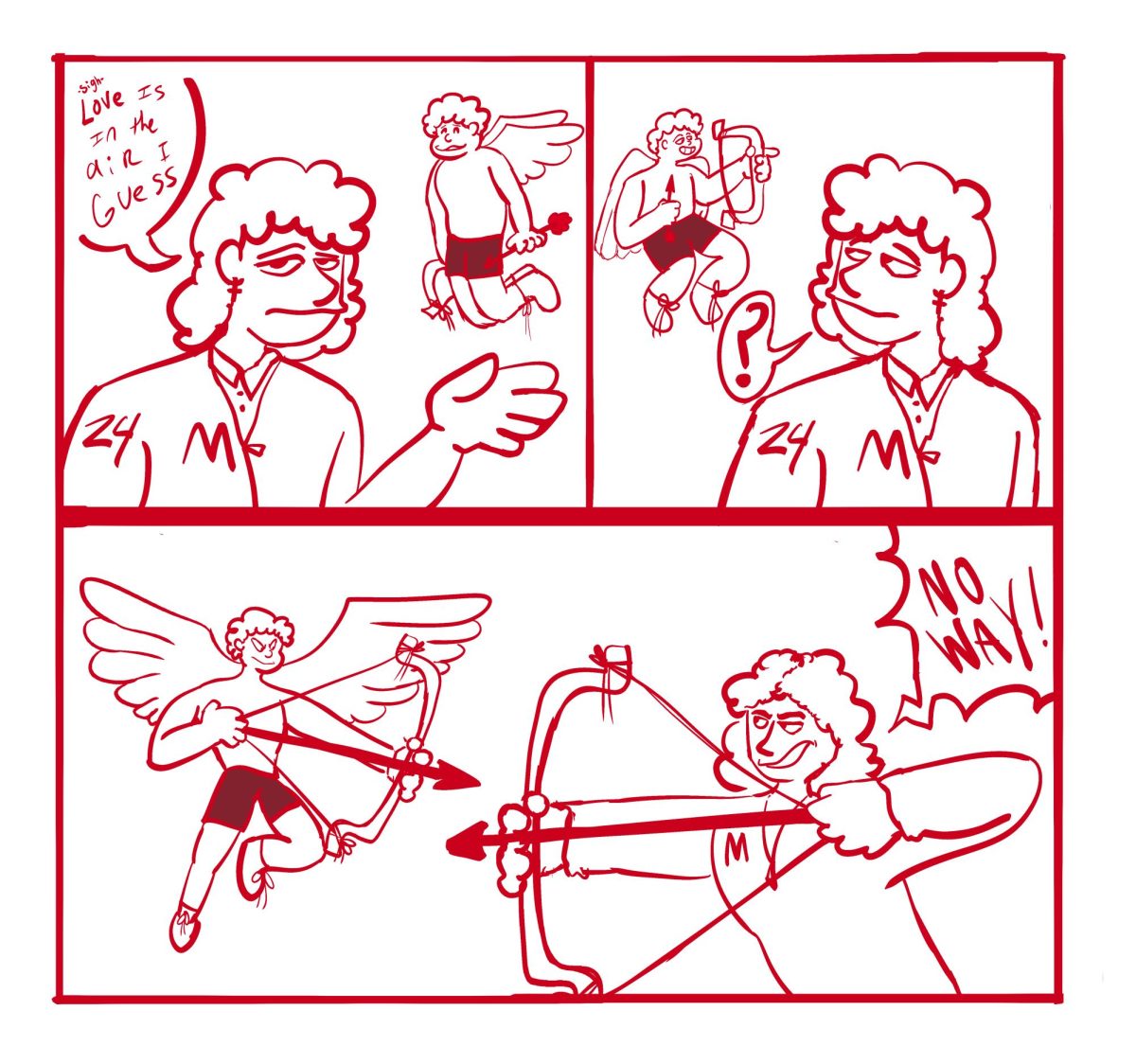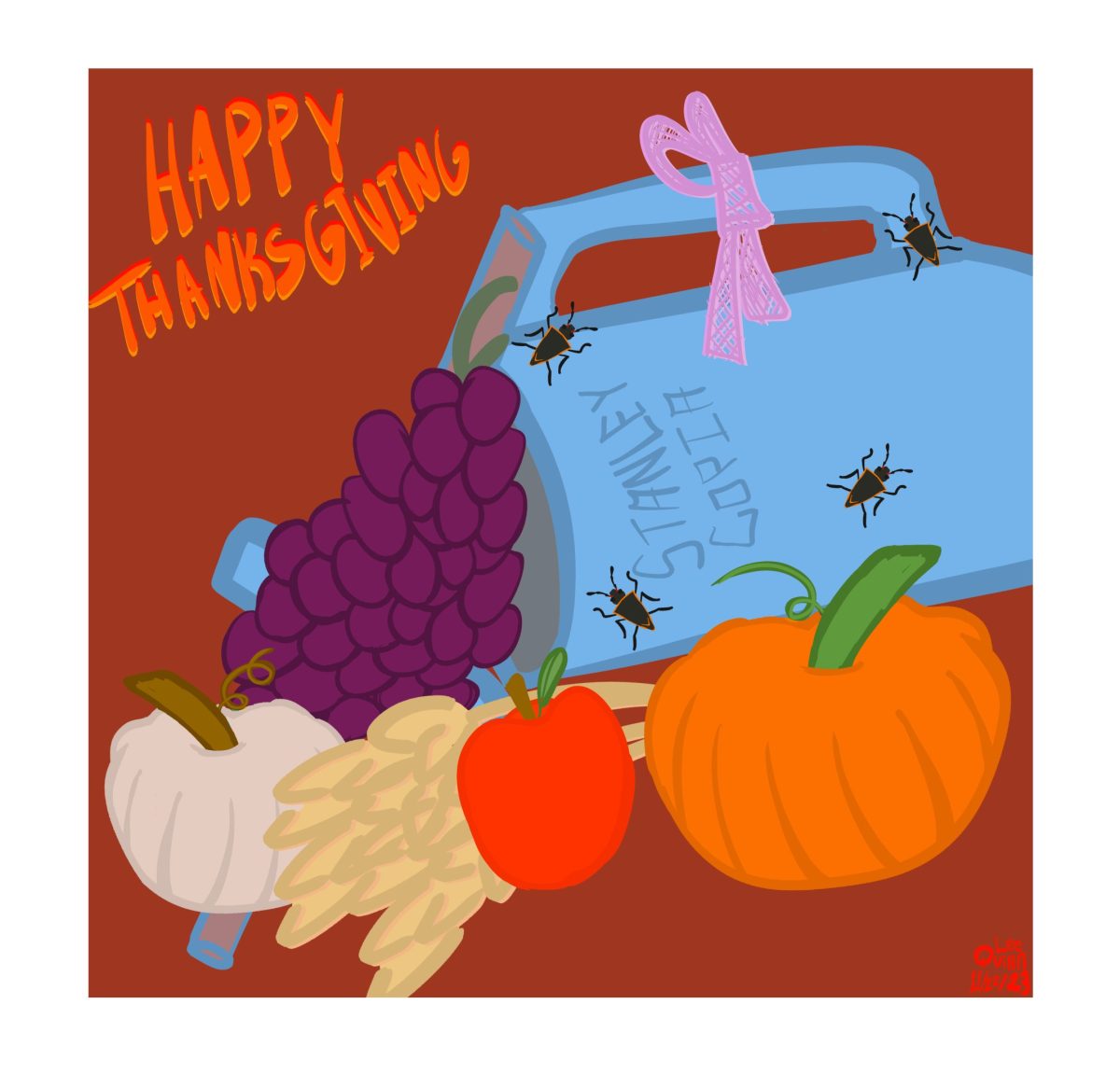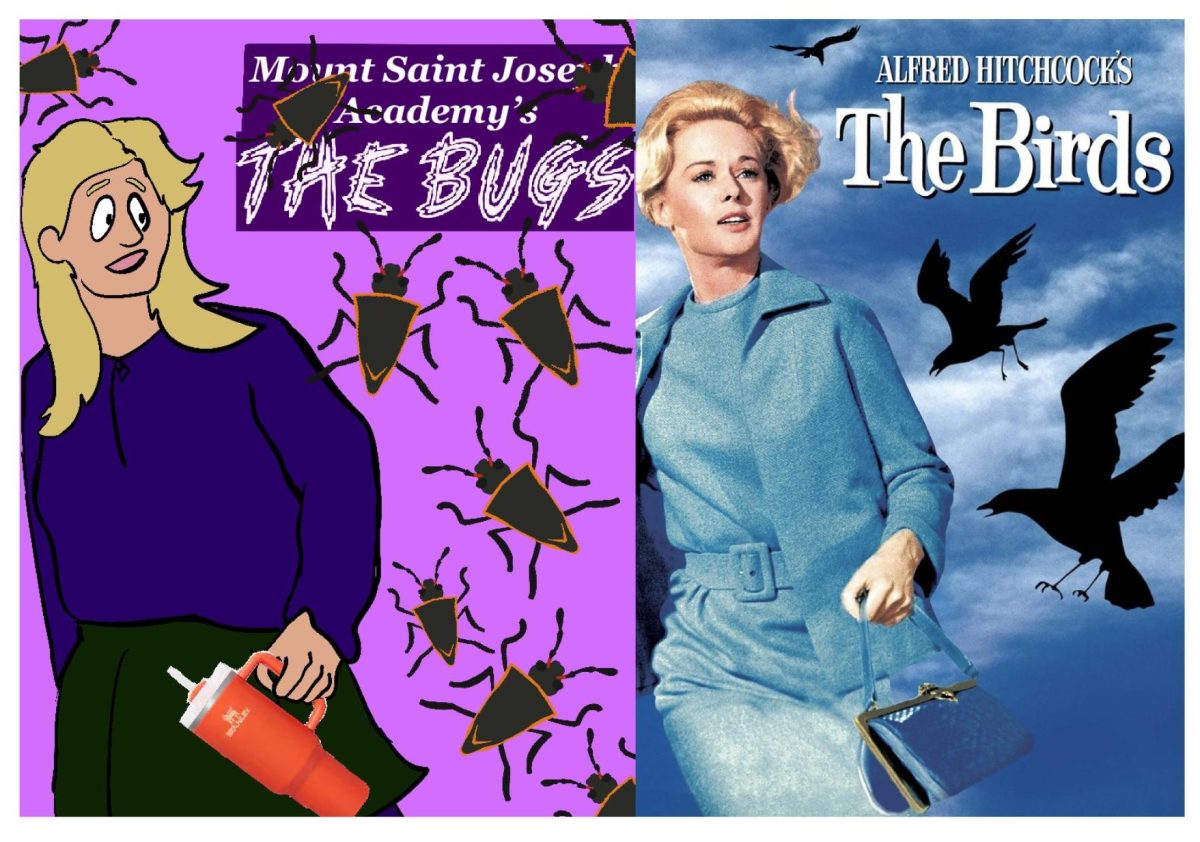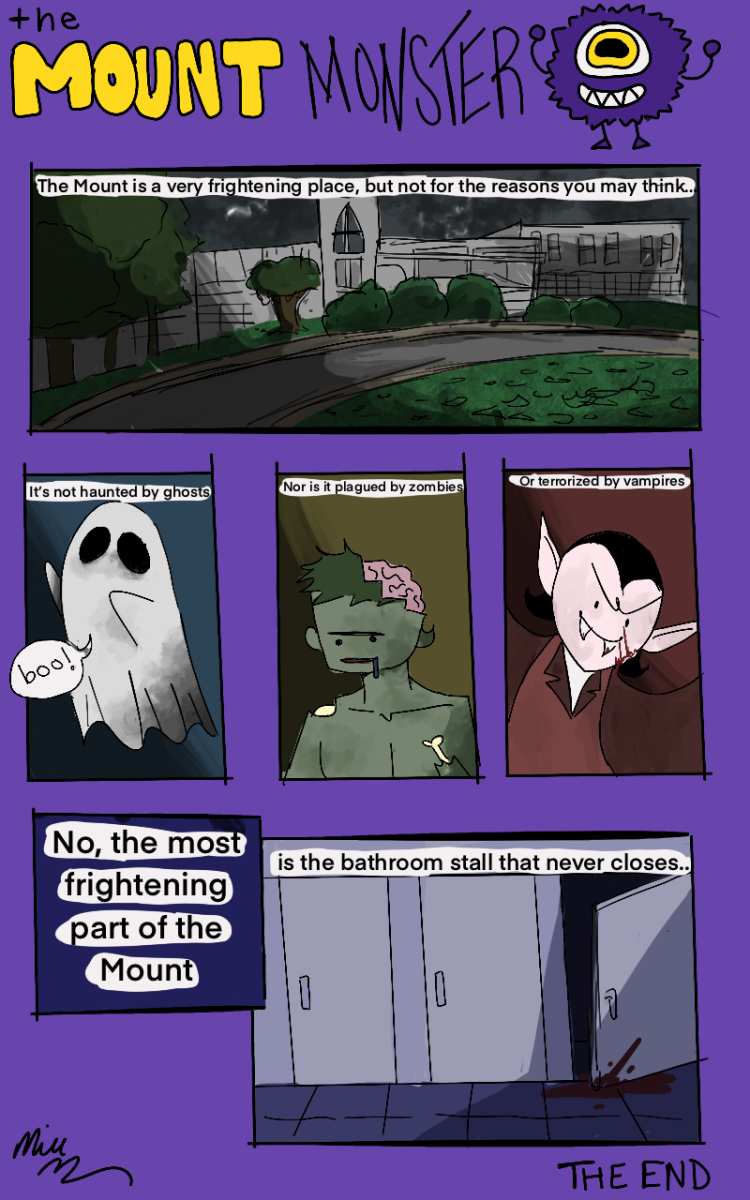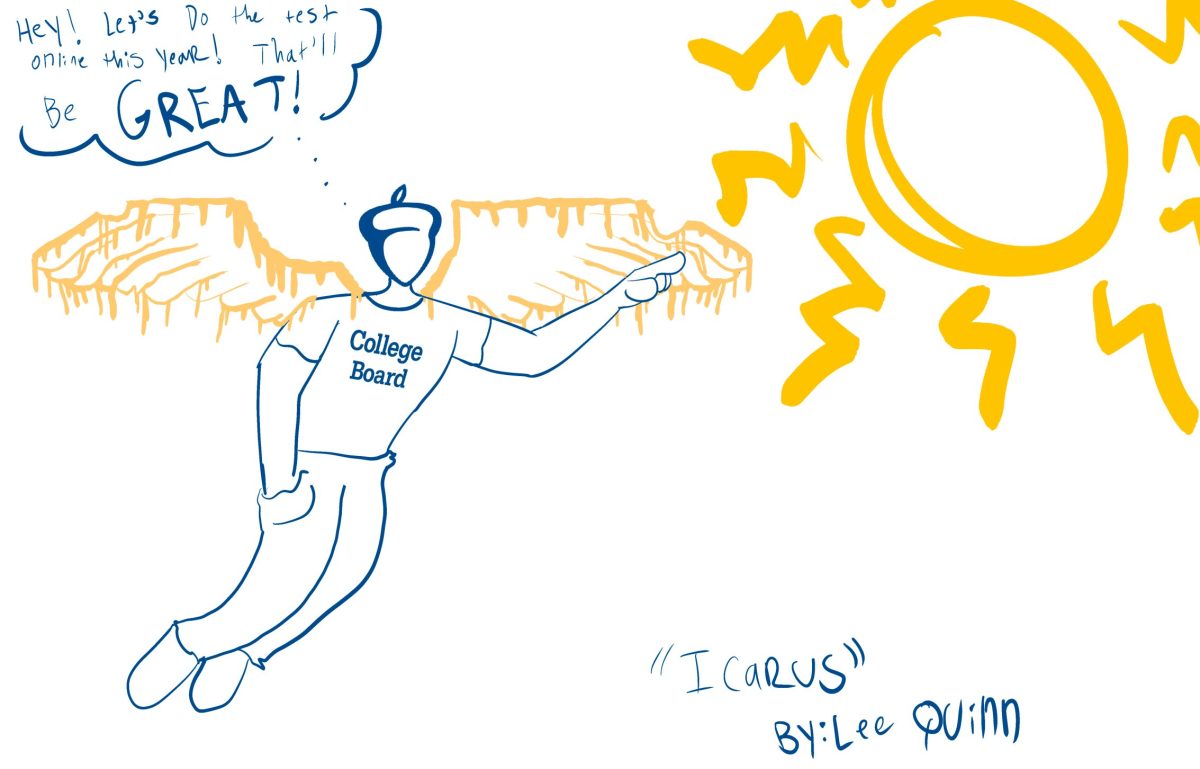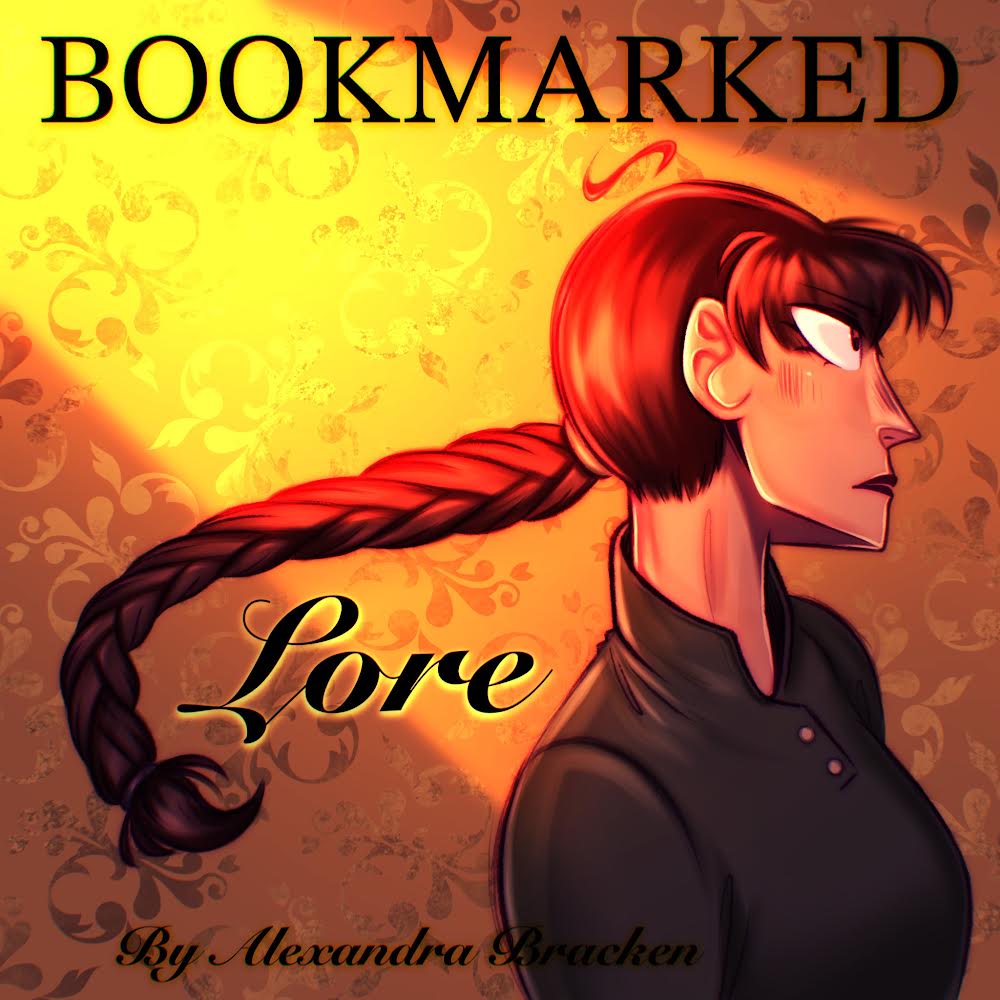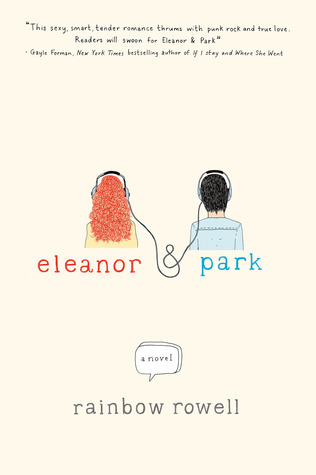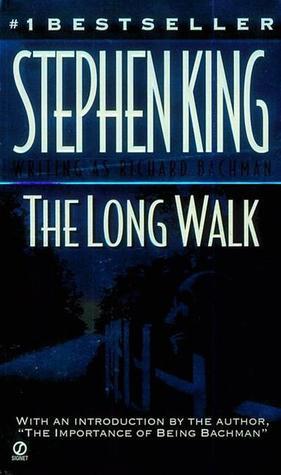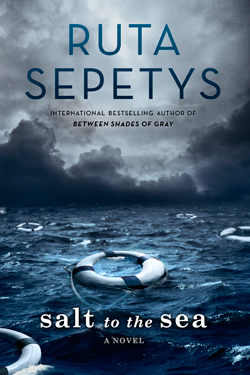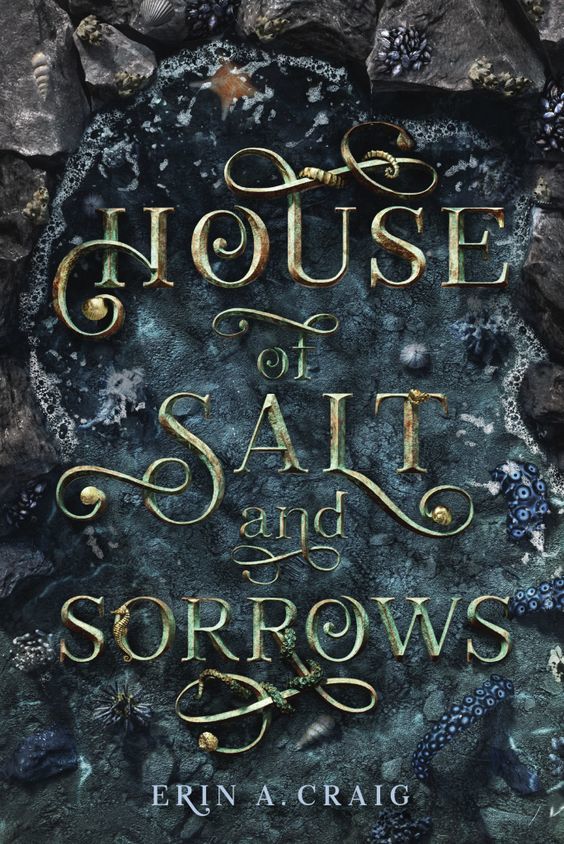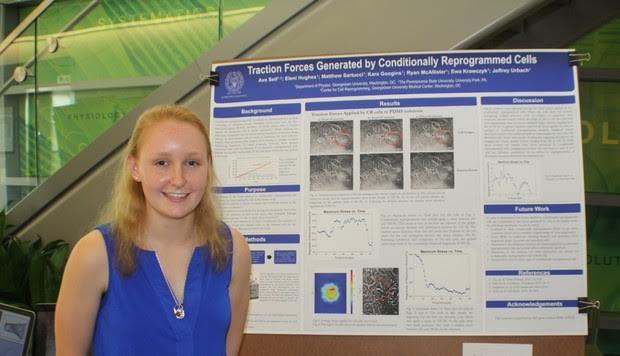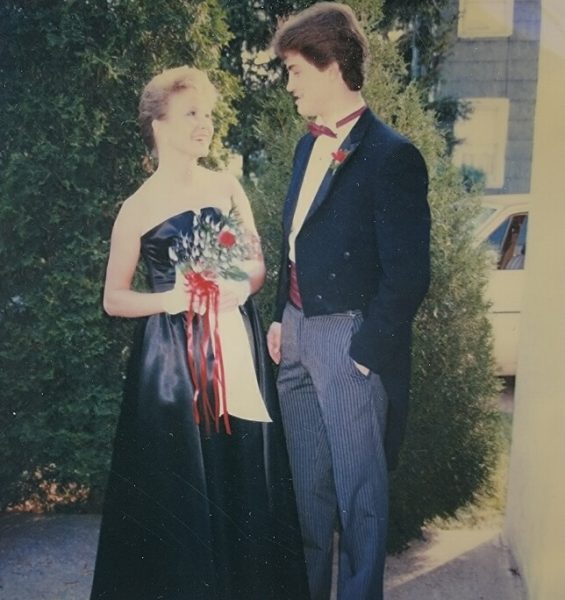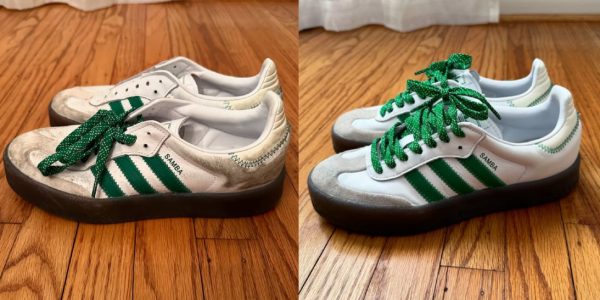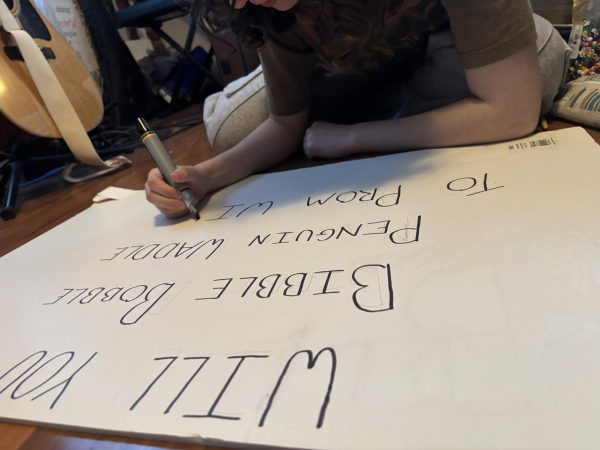This year the Astronaut Scholarship Foundation recognized 56 students in a STEM major who have made notable advancements in research in their respective fields. The scholarship is used to fund further research in the student’s junior or senior year.
Self told the Campanile she was not always sure that she wanted to pursue chemical engineering, although she knew that she wanted to pursue STEM. What eventually drew Self to chemical engineering is its versatility.
She told the Campanile, “I like chemical engineering because it’s a really broad field of study, and I can do pretty much whatever I want with my chemical engineering degree.” Self is interested in pursuing a career in the medical field or pharmaceuticals. “I’m just really drawn to the fact that I can use my understanding of chemistry to change how we look at medicine,” she said.
During the fall semester of her junior year, Self took time off of school to go on co-op, and worked full-time for ExxonMobil. She was based in Lubricants Technology at ExxonMobil Research and Engineering (EMRE) in Clinton, New Jersey. Specifically, Self worked on the grease fundamentals team and explored how to “optimize ExxonMobil greases that were already on the market for specific customers applications.” Additionally, she worked on developing grease characterization methods.
Self expressed that, at first, she was hesitant about this opportunity: “I basically had no understanding of grease. I thought it was a movie and I knew that my dad would use it to fix our car or something, but I didn’t realize that people actually worked on it and that there was a lot of chemistry involved.”
Her work, which involved advanced chemistry techniques, was “something totally out of my comfort zone” but it proved to be an enlightening experience. She added, “The internship was eye opening because I got to learn a lot about the industry. It also taught me that I could use my skills for a lot of applications, and I didn’t have to just box myself in to one specific career path. …[I]t also helped me to figure out what I like and what I don’t like.”
Universities can nominate two applicants for the Astronaut Scholarship. According to Sean Yoder for the Penn State News, “The University picks its nominees based on proof of leadership, imagination and exceptional performance in their respective fields.”
As reported by Yoder, Self’s undergraduate research at Penn State, which “focuses on using graphene as a platform for targeted breast cancer treatment” served as a central requirement for her nomination. Her mentor, Esther Gomez, associate professor of chemical engineering and biomedical engineering, told the Penn State News, “As her honors thesis adviser, I have been incredibly impressed with her initiative, dedication and passion for science. I have no doubt that she will have a positive impact on the world. … We are very proud to have her represent our department and Penn State!”
Self said that she is very thankful for this scholarship and will use it to help pay for her undergraduate degree at Penn State. “It also opens a lot of doors for me,” Self told the Campanile. “I get to be a part of the Astronaut Scholars community so I can get reach out to alumni from that group and just talk to them about their careers and get advice about applying to grad school and different internships.”
As noted in the Penn State News, “The Astronaut Scholarship Foundation was founded in 1984 by members of the original Mercury 7 astronauts: Scott Carpenter, Gordon Cooper, John Glenn, Walter Schirra, Alan Shepard and Deke Slayton; as well as Betty Grissom, widow of the late Virgil “Gus” Grissom; William Douglas, Project Mercury flight surgeon; and Henri Landwirth, businessman and friend of the Mercury 7.” Over the years, the Foundation has continued to grow and fosters many of the brightest young minds in STEM today.
When asked how her experiences at Mount contributed to her receiving the scholarship, Self told the Campanile, “I definitely learned so much during my time at Mount.” As former editor-in-chief of the Campanile, Self said, “When I went into high school, I didn’t think that I was going to be a newspaper person, but that was the most rewarding thing that I did in high school because it gave me a voice and it really helped me to become more of a leader. Ms. Leonard, in particular, taught me to pursue my passions and always encouraged me to do my best work. Without her and the Campanile, I wouldn’t be the person I am today.”
When asked about Self, Ms. Leonard told the Campanile, “Ava is truly an ethical, selfless leader -a pioneer. I watched her raise up those around her not only with her intellect but with her vision, kindness and patience, and unflinching commitment to doing the hard work. She is already making our world better.”
Self also spoke of the STEM classes that she took while enrolled at Mount. She told the Campanile that Mr. Osgood’s Honors Chem I and Honors Chem II “just ignited a passion for chemistry that I didn’t really know I had.” The biology classes that she took with Ms. Davis and Mrs. Solely “taught me so much and really helped me to understand a lot about the fundamentals of biology that I now get to apply in my biochemistry classes and in my undergraduate research at Penn State.”
A challenging class for Self was AP Physics C with Ms. Hennessy. Originally, Self was not sure that she liked physics or was even interested in engineering; however, the class gave Self a new perspective on the versatility of STEM.
She told the Campanile, “Ms. Hennessy challenged me to take my thinking to another level in her class. She taught me that difficult problems were not something to shy away from, but to embrace. In that class I liked seeing how everything fell into place and how I could use my understanding of math and physics to pursue any discipline, since all science is rooted in those fundamentals.”
Ms. Hennessy told the Campanile, “I am so incredibly proud of Ava. I always knew that, if given the right opportunities, Ava would absolutely become a leader as a scientist. She has humbly embraced every opportunity presented to her to grow, learn, explore, and pursue excellence. I love getting life updates from her; she will always be special to me. She is a regular reminder of why I love coming to work every day and what promise lies in each student in my classes. There’s no telling what wondrous good a Mount student can do. Sometimes, you just have to inspire her and then get out of her way.”

